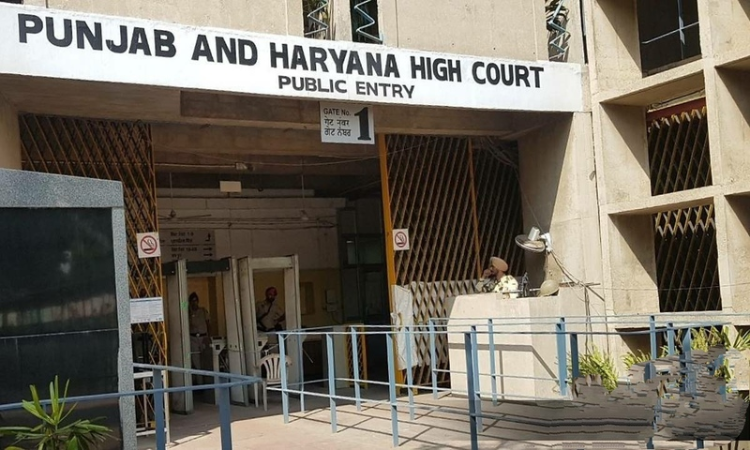Punjab & Haryana High Court Denies Permanent Alimony Under Hindu Marriage Act To Wife Living In Adultery
Rahul Garg
3 Nov 2022 10:45 AM IST

Next Story
3 Nov 2022 10:45 AM IST
The Punjab and Haryana High Court recently denied permanent alimony to a wife living in adultery, after a divorce decree was passed on the very ground of such adultery. The appellant-wife in the case filed an appeal challenging the judgment of the Family Court, Ambala, by which judgment, the Family Court had allowed the divorce petition filed by the respondent-husband under...
